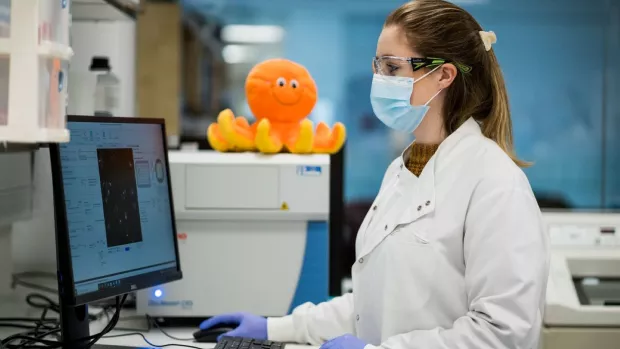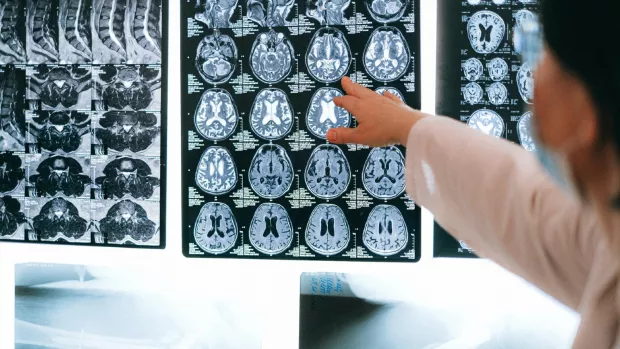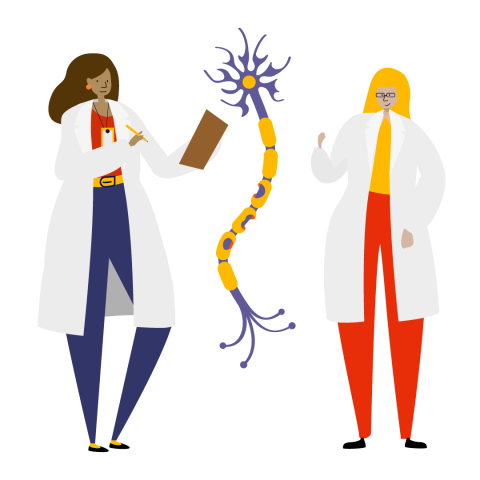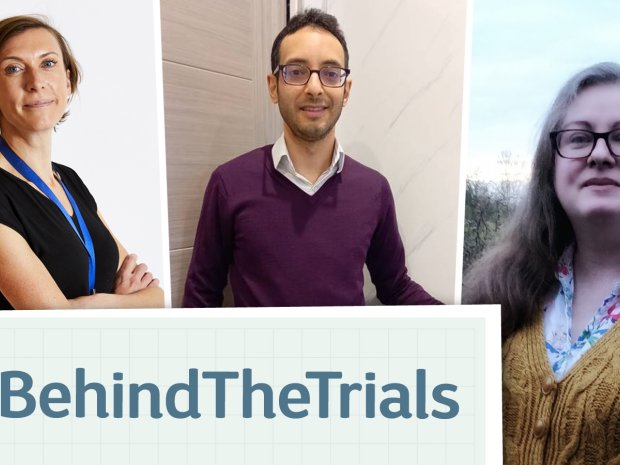
#BehindTheTrials: the people helping make Octopus a success
Clinical trials are key to finding treatments to slow or stop progression for everyone with MS. We often focus on the drugs being tested, but it’s everyone involved who really make them happen.
In this instalment of our #BehindTheTrials series, we’re meeting some of the people involved in the Octopus trial.
Octopus is a new clinical trial for primary and secondary progressive MS. It’s designed to transform the way treatments for progressive MS are tested. And the first people to take part have just enrolled in London.
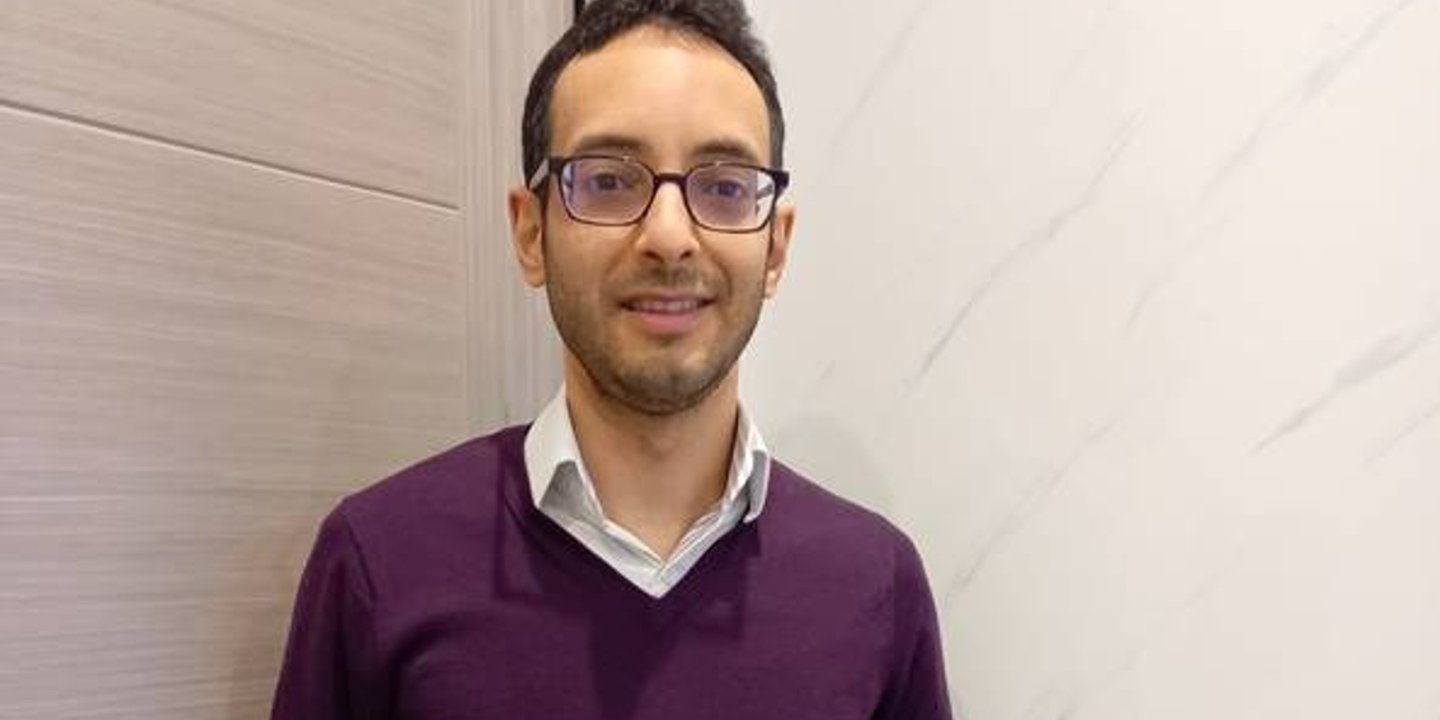
“It wasn’t a difficult decision to sign up”
Alykhan Kassam, Octopus participant
“It wasn’t a difficult decision in my mind to sign up – the trial is fantastic! I firmly believe medical science can and will evolve if people are involved in trials.
It was really good to hear I was eligible. Maybe these drugs won’t help me. Maybe my MS will be too far gone by the time new treatments are available. But the fact it could help people who are younger than me is great. I believe in 10-15 years MS won’t have as much of an impact as it has now. And if I’m helping, that’s awesome.
Octopus definitely gives me hope. It’s a massive sense of hope and delight. You don’t know what’s going to happen when you have MS, you don’t know what the future will hold. You have to try things and see if they work. And there’s a 66% chance I’m on one of the two actual drugs and not a placebo.”
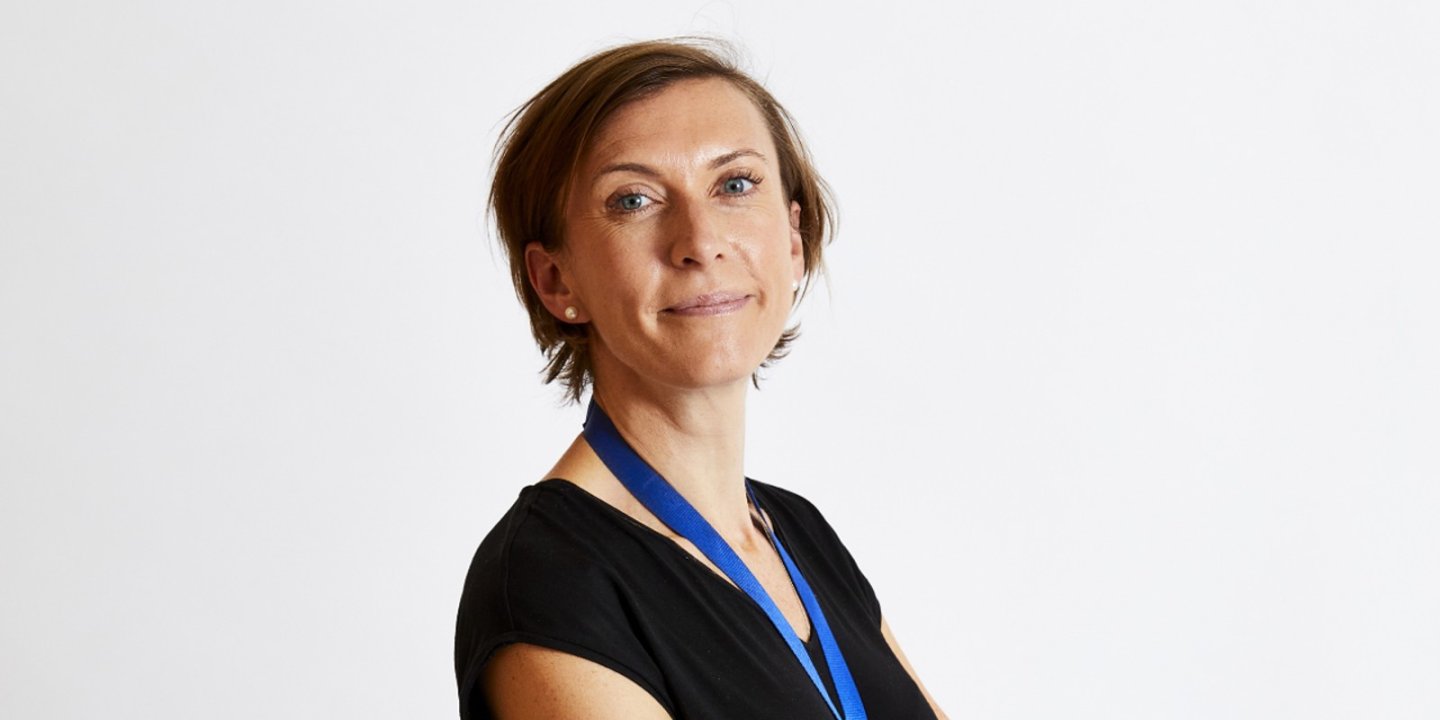
“It’s great that the UK might be responsible for moving things forward for people with progressive MS on a global scale”
Dr Emma Tallantyre, Recruitment Lead
“It’s exciting seeing people around the UK working together. It’s not the first time - MS-STAT2, DELIVER-MS and other trials have shown it can be done. But the more it happens, the more you feel part of a community. And that’s so promising in terms of answering the big questions.
It’s great to feel that despite being a relatively small country, the UK might be responsible for moving things forward for people with MS on a global scale.
But any trial like this comes with challenges around recruitment. My role is about trying to overcome barriers. Neurology centres face so many difficulties right now, just to deliver NHS care. So we need to give thought to how we can help them to contribute to trials on top of their existing NHS work.
And patients often have barriers to attending visits. We need to make sure all potential participants can access the trial. And that the trial is diverse and representative of all people with MS.
When we speak to people with progressive MS involved in MS-STAT2, they sometimes report having felt almost like a lost tribe. People who maybe haven’t had much contact with healthcare services in recent times. They join the trial and become proactively engaged with the MS research team.
Of course, the main aim is to deliver the research. But it naturally gives people more opportunity to meet healthcare professionals, meet their MS peers, discuss issues and learn more about their MS. Our patients usually tell us they find taking part in a trial really rewarding.”
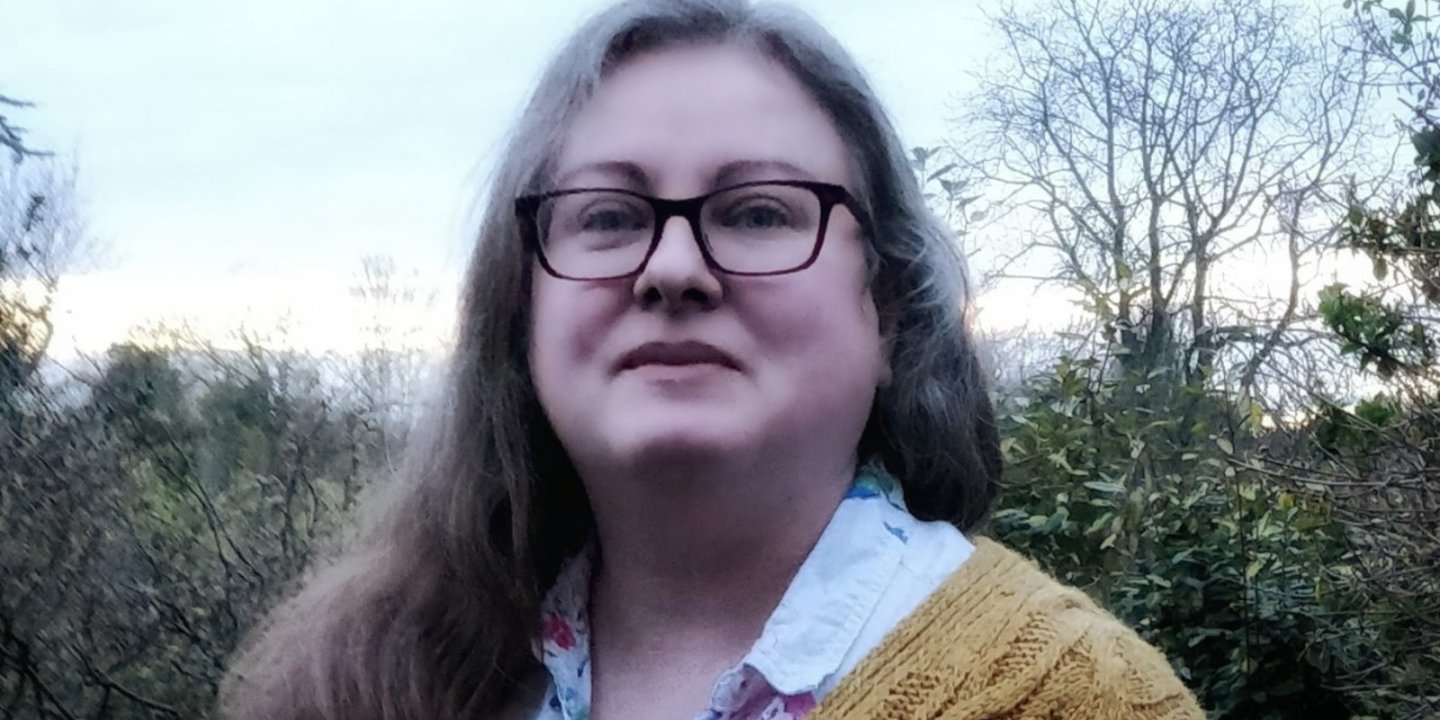
“The real motivation is finding treatments that work, as quickly as possible”
Dr Jenny Nicholas, Senior Trial Statistician
“I do the maths that lets the medical researchers solve their questions. It’s fun designing a first-of-its-kind trial like Octopus, and it’s certainly been a complex task. But however much I love the science, the real motivation is finding treatments that work, and as quickly as possible.
Usually with clinical trials you have two groups of participants and you can use a formula to work out things like how big the trial needs to be. But with multiple arms and stages, you have to use simulations instead. This is where we take a design and run imaginary trials thousands of times on a computer to see if it’ll work in the real world.
Eventually there’ll be the bit at the end of the trial - crunching through all the data that’s been collected and working out ‘do we think this treatment actually has a benefit for patients’? It’s always so nerve-wracking. Once I’ve done the analysis I’ll go a meeting with the clinical team who’ve been working on the trial for years and years. And I’m the one that has to tell them the final answer."
